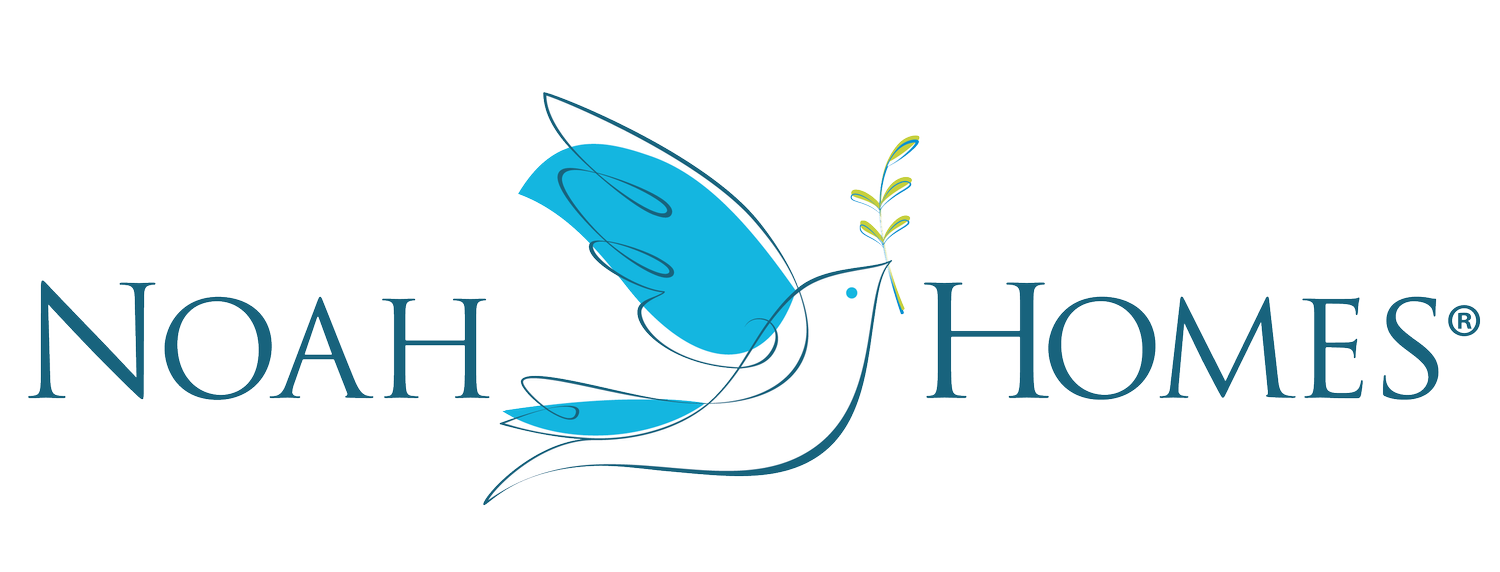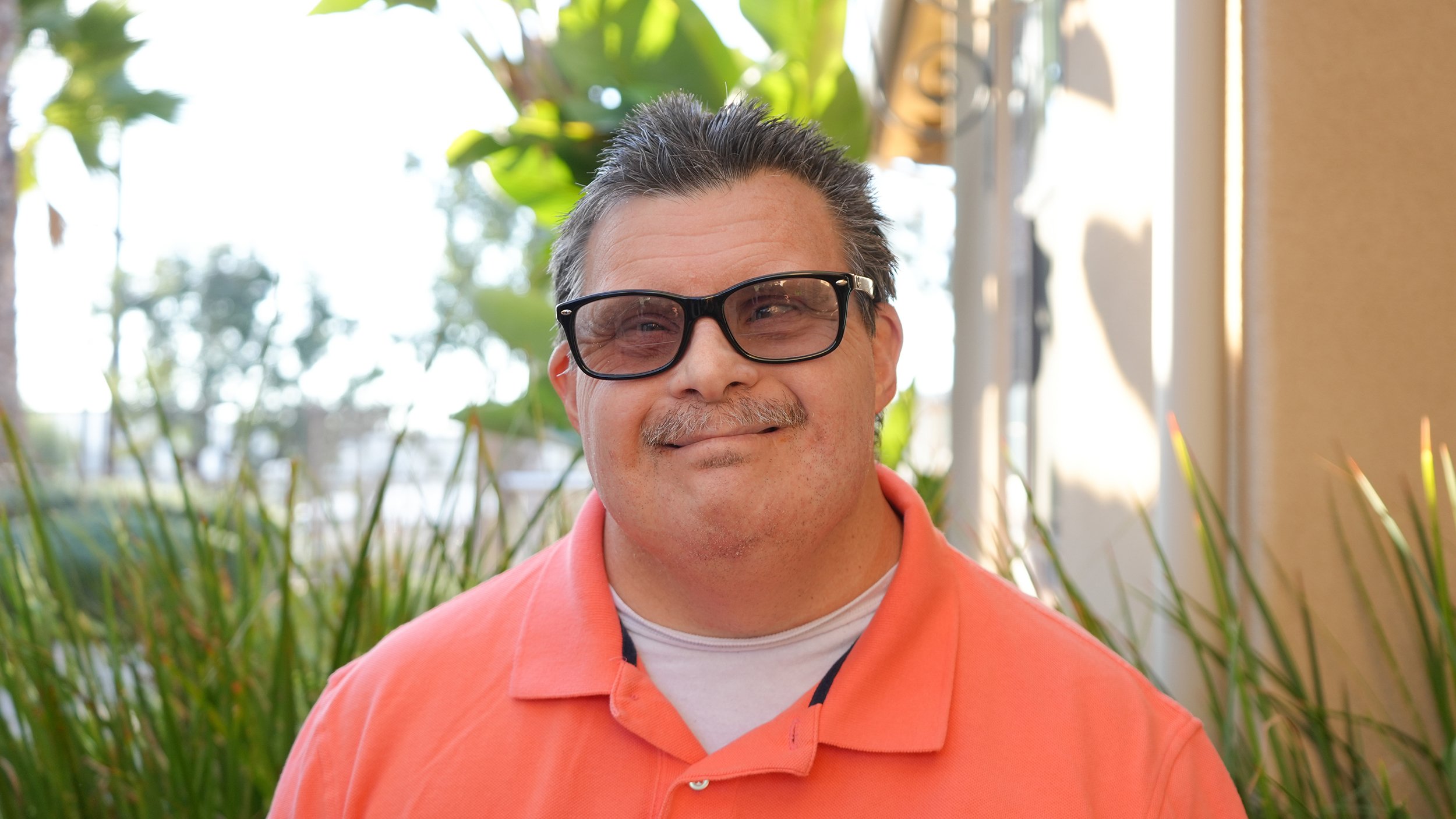Housing
Noah Homes is a Thriving, Social Community
At Noah Homes, we make sure to maximize everyone’s independence. Residents have many opportunities to engage in activities, just like everyone else.
Maximizing Independence
Noah Homes has 90 residents, 138 staff, and more than 30 vehicles to transport them. That means staff are always available to assist residents with requests related to work, social activities, and care support, allowing them to maximize their independence in the broader community.
There’s Something for Everyone
From trips to the San Diego Zoo to sailing the San Diego Bay during the Wheelchair Regatta, to Zumba classes and karaoke sessions in the Community Center, there is no shortage of fun for all.
Noah Homes Housing Model
There’s no one-size-fits-all option. While some people with disabilities can do things like take a bus to work, regulate their own diet and manage their finances, others cannot. Some of our residents enjoy participating in multiple sports activities, while others would rather stay at home and knit. Some enjoy the environment of a bigger, more active house, while others enjoy a smaller more intimate house. Our goal is to maximize everyone's independence in a community environment that fosters dignity and respect, as well as personal and spiritual growth.
The residents at Noah Homes not only chose to live here but appreciate the opportunity to do so. And they appreciate the opportunity to work and reinvent in their community. We know it can be hard to find a job, so we work with community partners to ensure people with developmental disabilities are represented among the workforce and fully supported in their efforts. Flat tire on a van? We’ll send another. A chance to model in a fashion show in Anaheim? We’ll make sure we get you there. Bad day? Come home to a delicious dinner and lots of love.
By having residents with similar needs in proximity, we can share overhead costs and resources, making trips, activities, care and other necessities accessible to more people.
If you are interested in learning more about our housing options, please contact our Program Support Specialist here or at (619) 660-6200 x126
Elevating the Standard of Care
In 2017, we opened the first two Memory Care Homes in the nation specifically for people with developmental disabilities.
2
Memory Care Homes in CA for People with Developmental Disabilities
53,000+
People with a Developmental Disability over the age of 40 in California
-23%
Decrease from 2010 to 2020 in the proportion of people living in community care settings.
A Milestone in Memory Care
More than 615,000 people in California have a developmental disability as of 2024 and, as a population, they are dealing with issues related to aging for the first time. Why for the first time? Life expectancy for people with Down syndrome has increased dramatically in recent decades – from 25 years old in 1983 to 60+ today.
The current housing choices for people with developmental disabilities who are dealing with Alzheimer’s are not much of a choice at all. While the average age of admittance to a nursing home is 79, adults with developmental disabilities in need of aging and dementia care tend to be in their 50s and require a higher staff-to-resident ratio along with specialized care. The US Department of Health and Human Services released a study that found that one-quarter of assisted living communities had one Personal Care Assistant ratio for each 23 or more residents.
To address the growing need, in 2017, Noah Homes opened two 5,000 sq. ft. homes for 20 people with developmental disabilities who were diagnosed with aging issues, Alzheimer’s, or another related dementia. Most homes under Noah Homes management have a staff-resident ratio of approximately 1:4 and 1:6. The Memory Care Homes, now affectionately known as Casa de Amor and Casa de Lauridsen, have a staff to resident ratio of 1:2 and include state-of-the-art technology, access to national research, and opportunities for residents to participate in groundbreaking new techniques to fight Alzheimer’s, dementia, and other aging struggles.
Residents are selected based on an interest list of adults with developmental and intellectual disabilities receiving services through the San Diego Regional Center. We are hopeful that these homes will be replicated by other organizations throughout California and across the nation, alleviating some of the burdens experienced by 15.5 million caregivers who provided an estimated 17.7 billion hours of unpaid care, valued at more than $220 billion.






